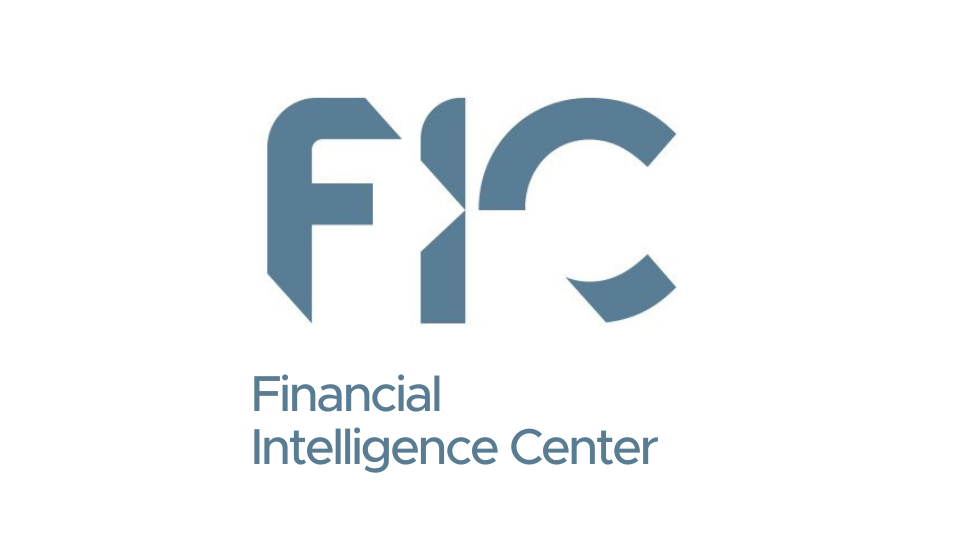Money Laundering Act – RAHN CASE STUDY ISSUE NO.7-2022
Security Exchange and Financial Intelligence Centre (FIC) Act- Authorised Exchange as defined in the Securities Service Act (Including Forex)
Rahn Consolidated (Pty) Ltd’s (“Rahn Consolidated”) articles and case studies are aimed at socialising, climatising, creating awareness and cautioning economic participants regarding economic crime schemes. The focus will inter alia be on the investigations around economic crime schemes, risks, reporting and most importantly, its regulatory compliance and adherence to the sector-specific money-laundering act. The term “Economic crime schemes” is often used interchangeably with “Financial Crime”. For the purpose of ensuring all readers are kept in the loop, Rahn Consolidated will make use of both terms. Rahn Consolidated being at the forefront of deterring Financial Crime through compliance will focus primarily on compliance regarding Financial Crime and ensuring fines by way of administrative sanctions that fines are mitigated as much as possible.

Issue No.7 deep-dives into the services provided in the authorised security exchange space and how this will be impacted by any money-laundering act, specifically contained in the FIC Act. This particular Accountable Institution is very unique in that it cannot be looked at in isolation, therefore when applying obligation requirements for securities exchange, one needs to consider the securities exchange services as provided in both the banking sector and Financial Service Provider (FSP) sector. This simply implies that securities exchange as a product should satisfy both Prudential Conduct (Financial Stability) and Market Conduct (Treating Customers Fairly).
In this issue, Rahn Consolidated will assist its clients (prospective and existing) on the importance of this requirement as an Accountable Institution and focus on ways to improve compliance going forward.
Enjoy the Read!
Item 4 of Schedule 1 of the FIC Act lists an authorised user of exchange as defined in the securities service act, 2004 as an Accountable Institution (AI). Already this needs further explanation in order to ensure that we are sure what the activities of this particular AI entails.
Section 1 of the aforementioned securities service act defines authorised user as “a person authorised by an exchange in terms of the exchange rules to perform such securities services as the exchange rules may permit”.
What exactly is an exchange?
According to the Financial Action Task Force (FATF) Guide, an exchange is quite a broad term. Authorised exchange users of securities services are required to have applicable compliance measures in place and a clear understanding of their activities that are affected by the FIC Act. From a regulatory perspective, dealers of foreign exchange are supervised by the South African Reserve Bank (SARB) in particular the PrudentialAuthority, Financial Surveillance Department and National Payment System Department. On the other hand, the authorised user of the exchange is supervised by the Financial Sector Conduct Authority (FSCA).
Securities include, but are not limited to the following:
- Transferable securities, including equities and bonds or similar debt instruments;
- Money-market instruments;
- Investment funds, including units in collective investment undertakings;
- Options, futures, swaps, forwards, and any other derivative contracts relating to commodities that must be settled in cash or may be settled in cash;
- Derivative instruments for the transfer of credit risk;
- Financial contracts for differences; and
- Options, futures, swaps, forward rate agreements and any other derivative contracts relating to climatic variables, freight rates, emission allowances or inflation rates or other official economic statistics that are settled in cash, as well as any other derivative contracts relating to assets, rights, obligations, indices and measures not otherwise mentioned in this section, which have the characteristics of other derivative financial instruments.
Anti Money-Laundering Act – 2021 FIC Submissions
Cases related to Estate Agents are mostly In April 2021, exactly a year ago, approximately 1.9 million Cash Threshold Reports were submitted to the FIC. About 4% of those reports emanated from forex services and exchange services and obviously, Banks being the largest reporters.
Rahn Consolidated would like to emphasize the importance of compliance with the FIC Act in this particular industry, and these are not limited to reporting obligations as addressed above.

As an AI, the authorised exchange’s users (including forex) are not limited to only reporting obligations under a Money Laundering Act (FIC), but should at a minimum comply with the following:
- Register business as an AI with the FIC in order to ensure regulatory reporting through go-AML;
- Develop a Risk Management and Compliance Programme (RMCP);
- Conduct Customer Due Diligence (CDD);
- Develop a compliance framework and appoint a compliance officer;
- Conduct training on AML/CTPF risks and controls;
- Effectively keep records; and
- Effectively submit regulatory reports to the FIC.
FIC’s website:http://www.fic.gov.za

“The items below pose the greatest Money Laundering and Terrorist and Proliferation Financing (ML/TPF) risks in the securities industry:
- Wholesale markets;
- Unregulated funds;
- Wealth management;
- Investment funds; and
- Bearer securities.”
FATF Typologies, 2017
Authorised Exchange notes
Securities ML/TPF vulnerabilities: Complex products that may be offered before they are regulated (such as crypto-assets). These types of products need to be risk rated to assess the ML/TPF risks in the industry and business.
FIC Act requirements: From a Risk-based approach (RBA) perspective, these complex products need to be risk rated and assessed so as to ensure correct application and mitigation controls provided for the products itself.
Product Risk Assessment (PRA) conducted by Rahn Consolidated: Rahn Consolidated has established an effective PRA tool that forms part of the bigger RBA as prescribed in the FIC Act. This tool guarantees compliance and eliminates the risk of penalties imposed.
FIC Act Penalties: PRA forms part of Customer due diligence in the FIC Act. Lack of implementation of these controls will result in the Financial Intelligence Centre imposing administrative sanctions on your business based on the severity of the non-compliance.
Securities products are growing exponentially and the Financial Intelligence Centre is aware of it. Allow Rahn Consolidated to assist with the minimum requirements of this critical anti money-laundering act, prior to enactment, and advise your business on the more stringent controls imposed on the Authorised Exchange business.
FATF Guidance on Authorised Exchange